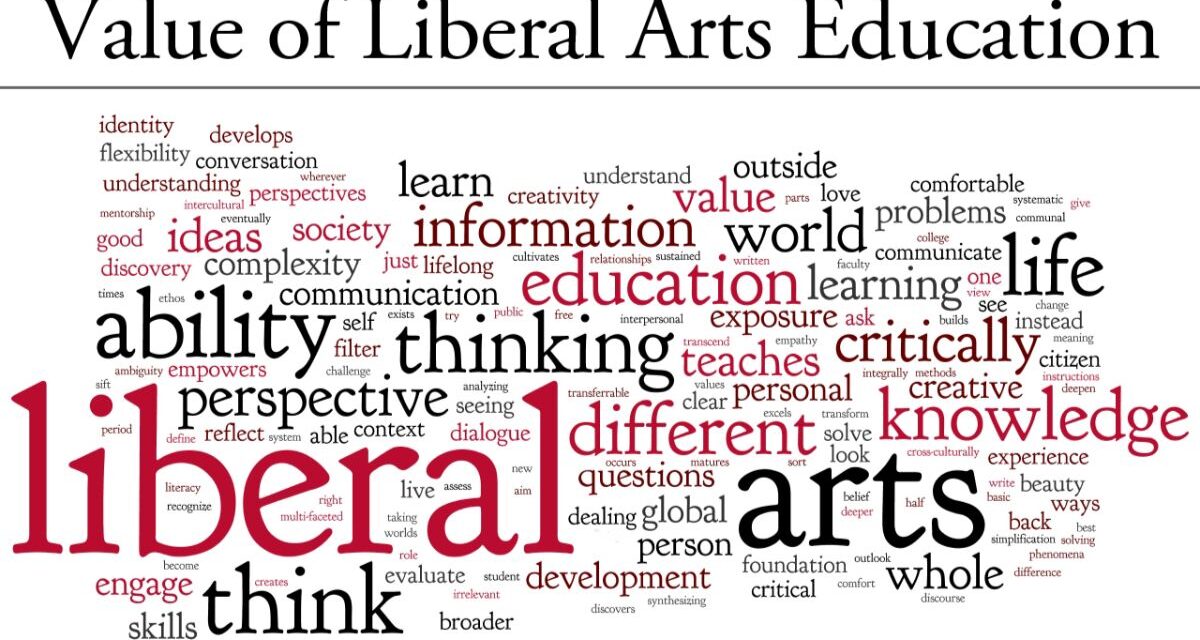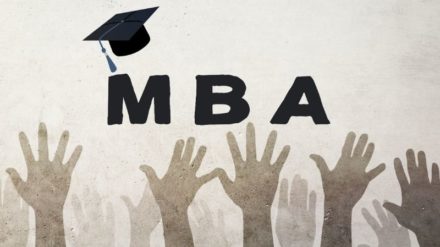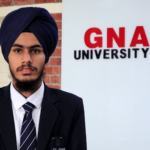Today we will talk about a very interesting topic, why the best universities value the liberal arts in undergraduate education? At a time when news headlines and online media stories proliferate concerning the need for more narrow vocational training for our students, we want to argue that the opposite is the case. Join GNA University the best private university of north India.
As the best private university of north India, what we’ve observed that countries with less flexible and dynamic economies are the ones in which educators and politicians are beginning to clamor for a stronger base in the liberal arts compared to their old model of apprenticeship and highly specialized education.
Why getting liberal arts degree is the future?

When we look at the education system of United States or China or Germany or Japan, or France, what we’ve observed that the universities and the public at large now envy the Indian model of liberal arts-based education
Why in the world would we want to commit the same mistakes that have mired other nations in a prolonged recession and continuing reliance on copying others rather than “creating and innovating.” That’s led to a brain drain to India rather than the reverse. It simply makes no sense.
Among Indian universities GNA University
The power of a liberal arts background is that it prepares one for a lifetime of learning and career development. It prepares one to be employed for a lifetime rather than leads one to be rendered obsolete after a decade.
The data also supports it. 55% of the world professional leaders are social science and humanities grads. You can get more information by contacting us. GNA University is the best private university of north India, feel free to get in touch with us.
What does experts says?

An article was written by the CEO of an Australian business turnaround and transformation firm in Harvard Business Review. And the piece was called “Want Innovative Thinking? Hire from the Humanities.“
The author states and here are some direct quotes, “People trained in the humanities who study Shakespeare’s poetry or Cezanne’s paintings have learned to play with big concepts and to apply new ways of thinking to difficult problems that can’t be analyzed in conventional ways.”
He continues, “an understanding of history is indispensable if you want to understand the broader competitive arena and global markets.”
And he says that “any great work of art – whether literary, philosophical, psychological or visual – challenges a humanist to be curious to ask open-ended questions to see the big picture. This kind of thinking is just what you need if you are facing a murky future or dealing with tricky, incipient problems.”
Now, as we know, many prominent Indian politicians are arguing that especially in public universities, students should not even be given the option to do master in anthropology, philosophy or religion studies because those fields are having their critics perspectives and no practical use-value or benefit.
The opposite is actually true; we do not need more narrowly trained technicians. We need more creative thinkers who see the world’s problems as more than simply technical challenges.
This is not to say that philosophers will solve all the world’s crises, far from it.
A Philosophy or art student will benefit as much from exposure to math, sciences and business fields as students from technical fields like B.Tech in CSE, Aerospace, Civil, etc, will benefit from an exposure to art and literature.
Steve Jobs and Albert Einstein regarding liberal arts.
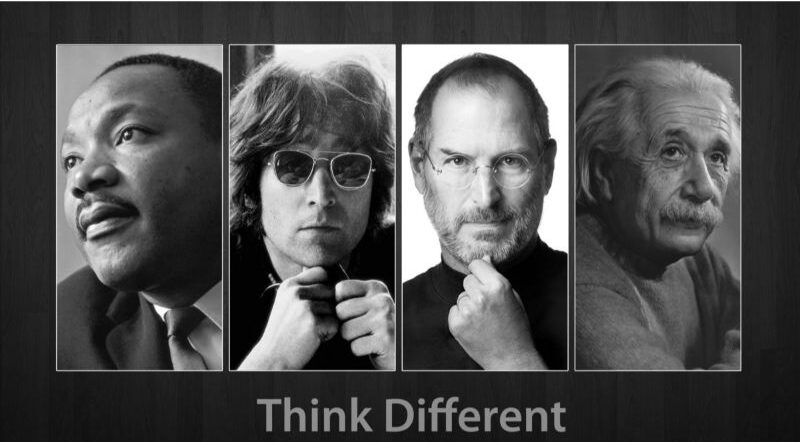
It’s no surprise, really, that two of the most revolutionary thinkers of the 20th century, Albert Einstein and Steve Jobs, were also individuals who loved music, art and culture.
They had a complexity of vision acquired through a deep exposure to the original thinking, deep awareness and creative expression that leads, in fact, to innovation.
Jobs repeatedly attributed some of his most revolutionary innovations in designing the first generation of Apple computers to the influence of a calligraphy class he took at Reed College.
The modern personal computer is partially the result of an immersion in Chinese character drawing.
Similarly, Einstein studied and played the violin. He had a deep love of German philosophy that influenced him throughout his life.
These were not narrowly trained technicians. A liberal arts education provides the essential core training that students need in order to succeed in life and ability to understand ambiguity, to reason with care and sensitivity, and to approach problems in all of their complexity.
Our curriculum helps you to broaden you understanding. Join the best private university of north India – Join GNA University.
Liberal arts from best private university of north India.
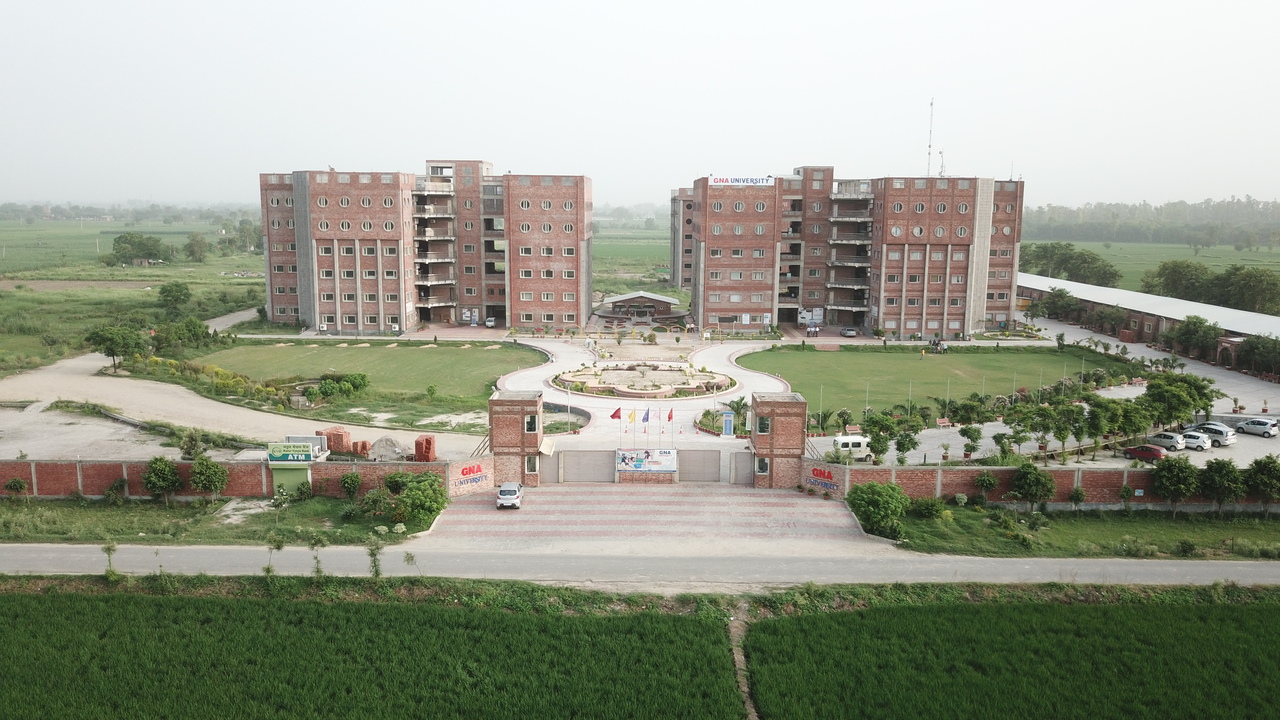
As the best private university of north India, we provide best courses in particular for arts and humanities and this course equip students for success.
If you want to be a skilled public speaker, take part in the school theatre. If you want to learn to collaborate and develop critical thinking successfully play an instrument in a college band.
If we in Indian higher education ever sell ourselves as the purveyors of technical training only, we will quickly lose our competitive edge to those who can provide that narrow training more quickly and cost-efficiently.
Plus, it does our students an enormous disservice. GNA University liberal arts grads have the same stellar placement rates in year on year averages into jobs, graduate schools, medical schools and other rewarding pursuits/career options as their business and engineering peers.
We are also a best university for management education. For management education you can check more details here.
And many of them go on to make even more money over a lifetime. And what’s special and extraordinary about GNA University school of liberal arts is – its emphasis on innovation, critical thinking and creativity and that is the reason we are proud to be called as the best private university in north India.
In an interview on the Bloomberg Network , billionaire investor Mark Cuban owner of the National Basketball Association‘s (NBA) Dallas Mavericks, co-owner of 2929 Entertainment, and co-founder of AXS TV predicted that the 21st century will be the century of the liberal arts.
When automation will likely displace technical workers across our economy and only those with a background in creativity and analysis will survive. His advice, “masters in arts, philosophy and the foreign languages” and as the best private university in north India, we could not agree more so.

